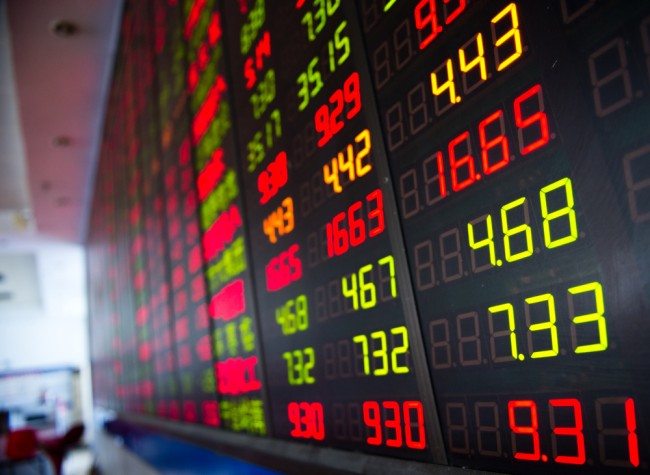Sterling has slumped by 1.4 per cent against a basket of other currencies over the past five days, briefly touching an eight-month low, and analysts forecast there could be further to fall, reports The Times.
Weak wage growth, near-zero inflation and political uncertainty over a possible European Union referendum next year have persuaded investors that the Bank will leave rates unchanged at 0.5 per cent until late into next year, despite the US Federal Reserve’s quarter-point increase on Wednesday.
“For years, the base case assumption has been that the UK would follow a US rate hike pretty quickly, while others would drag their heels,” Kit Juckes, a strategist at Société Générale, said.
“With wage growth slowing again in the latest data and the ‘Brexit’ vote looking set for next summer, the [Bank] seems likely to be well over six months behind the FOMC [federal open market committee]. The short-rate divergence has seen sterling flounder.”
Since Monday, the pound has fallen by more than 3 cents against the dollar and by 1 cent against the euro. Although it held steady against the dollar yesterday at $1.49, economists have warned it may yet sink as low as $1.40. It fell to $1.4865 on Thursday, its weakest since April. Sterling was down 0.12 per cent against the euro at €1.3741 yesterday.
The surging dollar has dominated markets this week, as the Fed delivered on a long-awaited rate rise — the first in nine years. Over the year as a whole, the dollar has strengthened by 10 per cent against the currency basket.
Emerging markets have borne the brunt of the dollar’s rise. Brazil’s real has collapsed 30 per cent this year, South Africa’s rand is down nearly 25 per cent, Turkey’s lira is off 20 per cent, and both Russia’s rouble and Malaysia’s ringgit have slipped 18 per cent.
The Bank is still expected to be the second big central bank to raise rates, but comments by policymakers this week put some distance between the US and the UK. Mark Carney, the governor, and Dame Nemat Shafik, one of his deputies, said there was no automatic link.
Lukman Otunuga, a research analyst at the currency house FXTM, said “sentiment towards sterling has also been eroded” partly by Dame Nemat’s comments. “With UK inflation rising at a tepid pace, the recurrent fears the Bank may push back raising rates deep into 2016 has reduced investor attraction to the pound. Sterling remains vulnerable and this should encourage sellers.”
Markets sold off as the tumbling oil price and the Fed’s decision to raise rates continued to take a toll. The FTSE 100 fell 50.12 points to 6,052.42. Wall Street lost almost 370 points, or 2.1 per cent, closing at 17,128.45.


